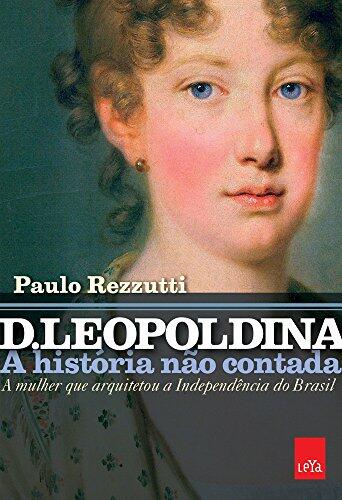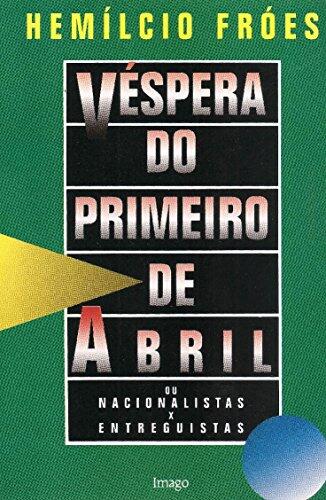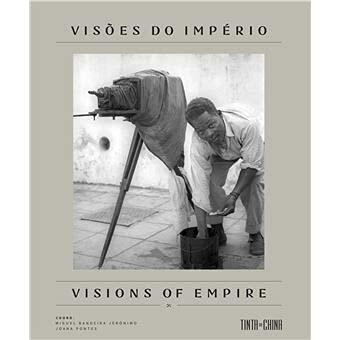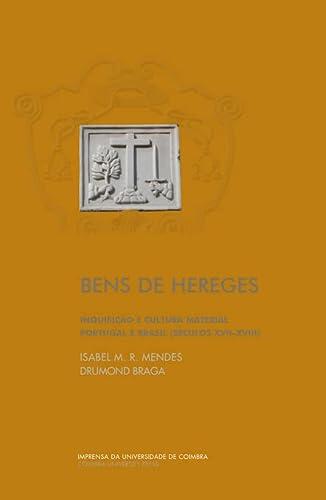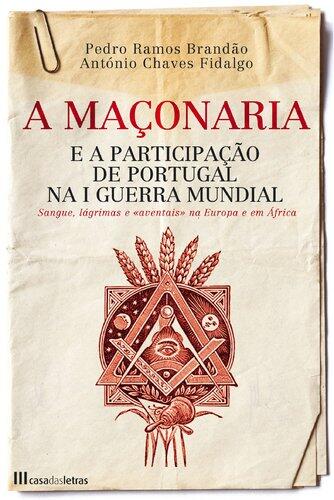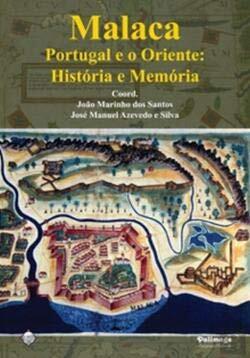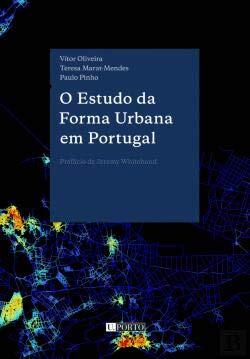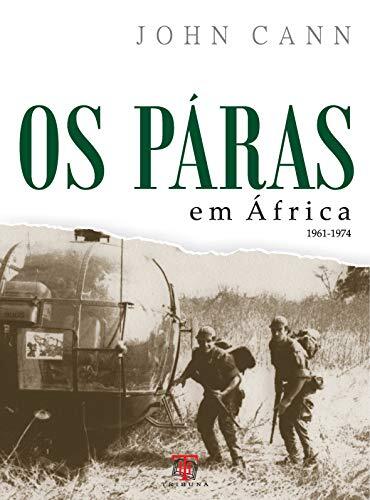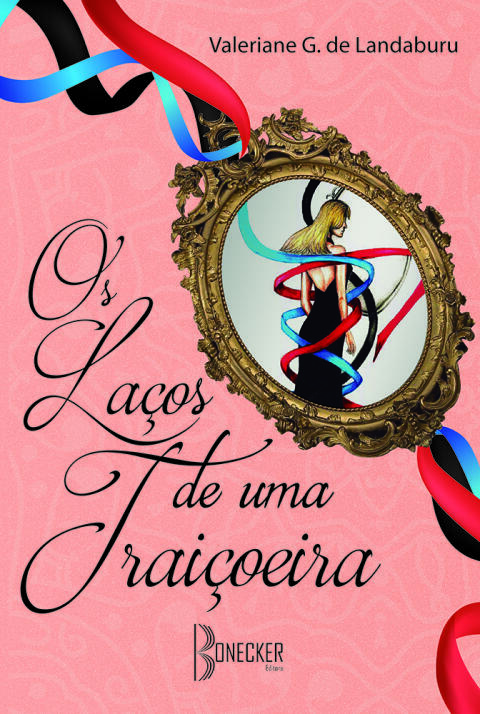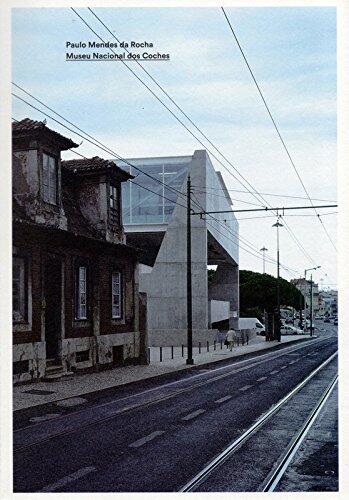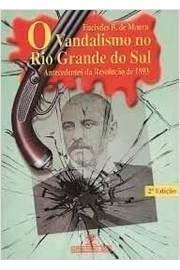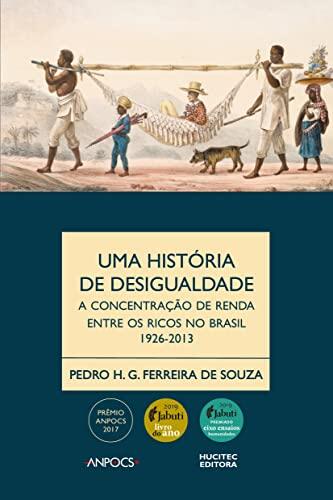
Uma história da desigualdade: a concentração de renda entre os ricos no Brasil, 1926-2013
by:
Pedro H G Ferreira de Souza
Language: Portuguese
Format: Paperback
ISBN 10: 8584041060
ISBN 13: 9788584041060
Publication date:
October 9th, 2020
Publisher: Hucitec Editora
Pages: 424
Genres: History
Pedro H.G. Ferreira de Souza presents a thorough examination of income inequality in Brazil, spanning nearly a century. By delving into the historical context from 1926 to 2013, the author offers a compelling narrative that highlights how wealth has become increasingly concentrated among the richest segments of society. This meticulous research is grounded in a wealth of data and historical accounts, laying bare the economic and social factors that have perpetuated this disparity.
Throughout the work, Ferreira de Souza not only presents the statistics but also weaves in the stories and lives of those affected by such inequalities. By doing so, he humanizes the numbers, providing readers with a clearer understanding of the impact of economic policies and social frameworks on everyday lives. The book paints a vivid picture of the shifts in wealth distribution over the years, exploring both the triumphs and failures in addressing these critical issues.
As a recipient of accolades for his doctoral thesis, Ferreira de Souza’s insights are invaluable to anyone seeking to grasp the complexities of Brazil's economic landscape. Each chapter builds upon the last, creating a comprehensive overview of the interplay between wealth, power, and policy. His conclusions challenge readers to consider the broader implications of inequality, not just for Brazil, but for other nations grappling with similar issues.
The narrative is not merely an academic treatise; it invites reflection on the socio-political ramifications of income concentration. Ferreira de Souza emphasizes the need for informed dialogue about wealth distribution, urging readers to engage with the material critically. This work stands as a significant contribution to the field of economics and social studies, marking an essential resource for scholars, policymakers, and any reader invested in understanding the dynamics of inequality in Brazil.
Throughout the work, Ferreira de Souza not only presents the statistics but also weaves in the stories and lives of those affected by such inequalities. By doing so, he humanizes the numbers, providing readers with a clearer understanding of the impact of economic policies and social frameworks on everyday lives. The book paints a vivid picture of the shifts in wealth distribution over the years, exploring both the triumphs and failures in addressing these critical issues.
As a recipient of accolades for his doctoral thesis, Ferreira de Souza’s insights are invaluable to anyone seeking to grasp the complexities of Brazil's economic landscape. Each chapter builds upon the last, creating a comprehensive overview of the interplay between wealth, power, and policy. His conclusions challenge readers to consider the broader implications of inequality, not just for Brazil, but for other nations grappling with similar issues.
The narrative is not merely an academic treatise; it invites reflection on the socio-political ramifications of income concentration. Ferreira de Souza emphasizes the need for informed dialogue about wealth distribution, urging readers to engage with the material critically. This work stands as a significant contribution to the field of economics and social studies, marking an essential resource for scholars, policymakers, and any reader invested in understanding the dynamics of inequality in Brazil.
